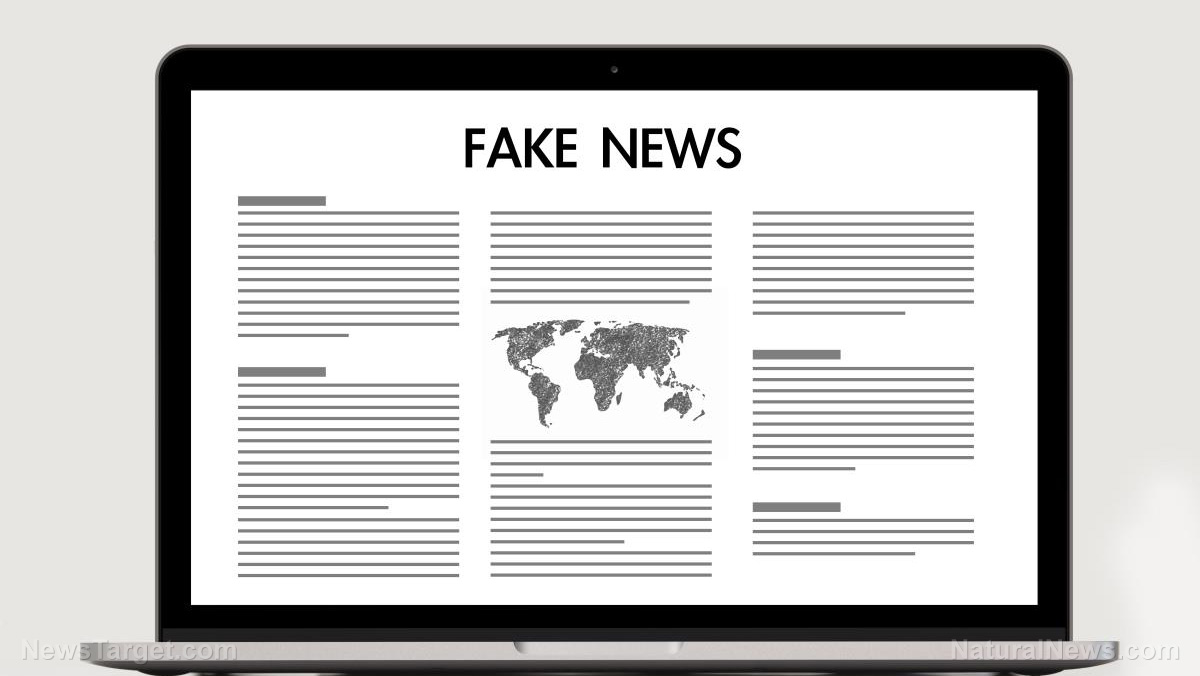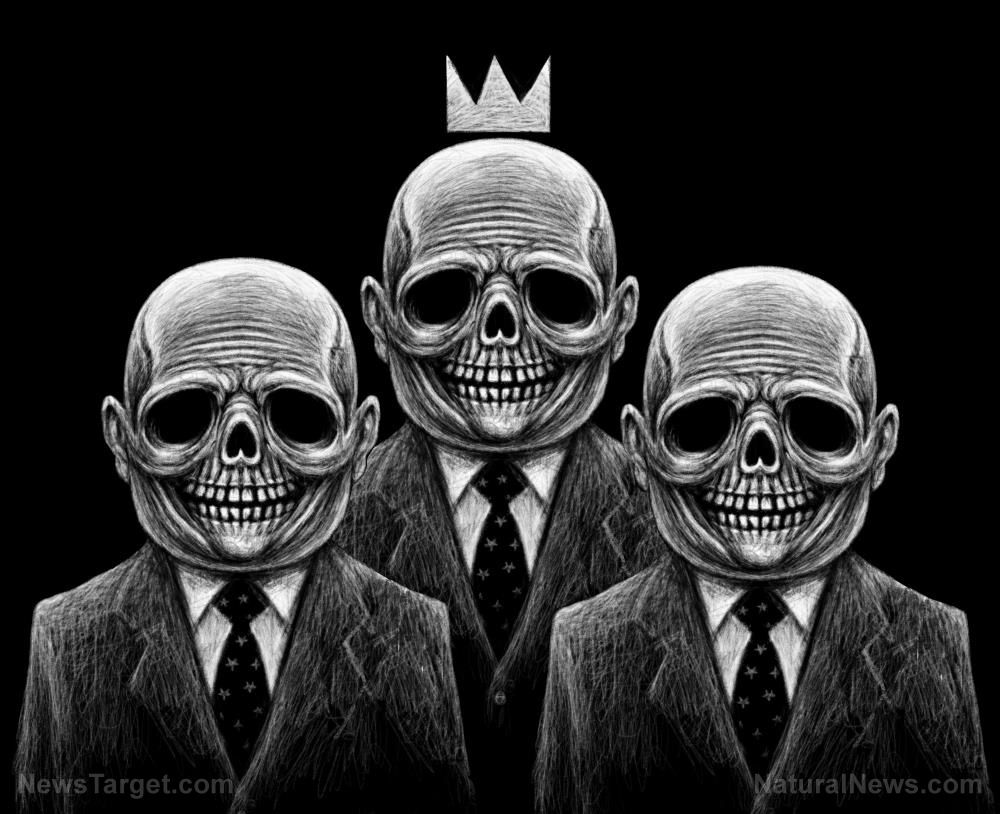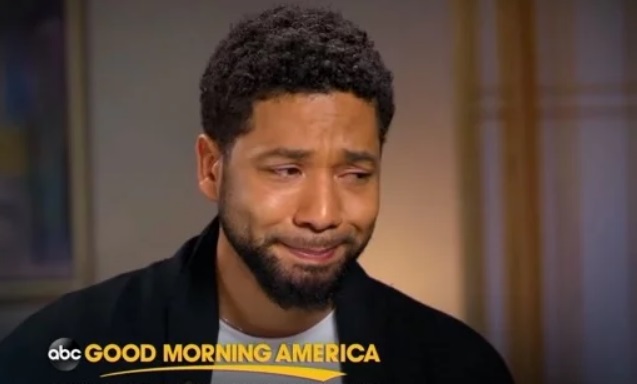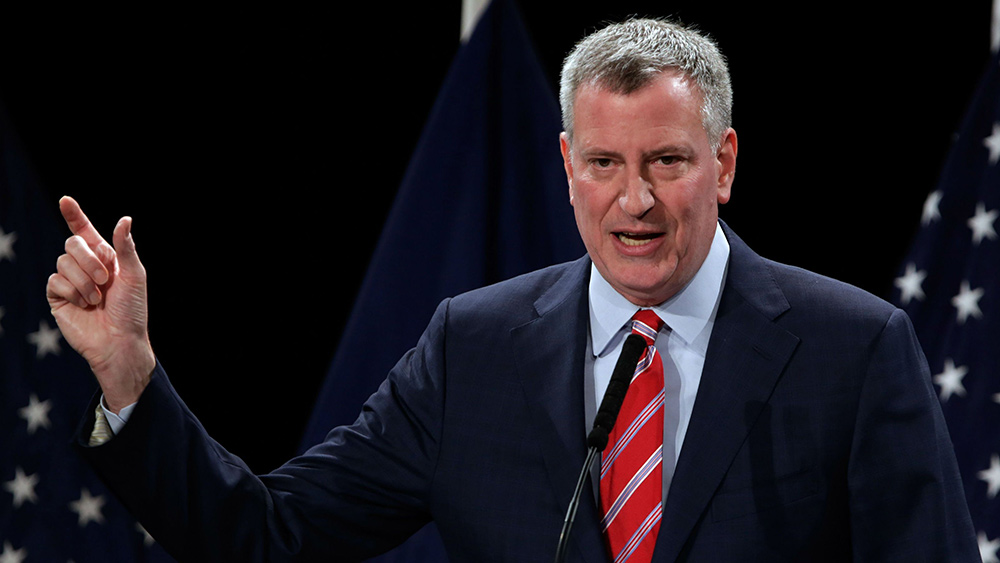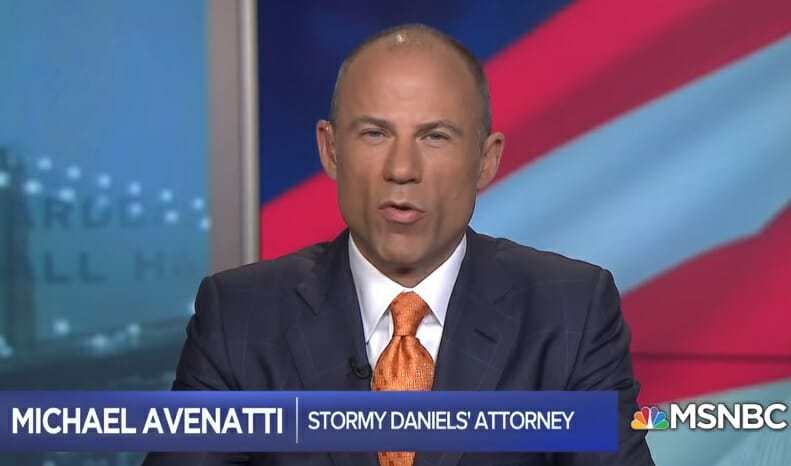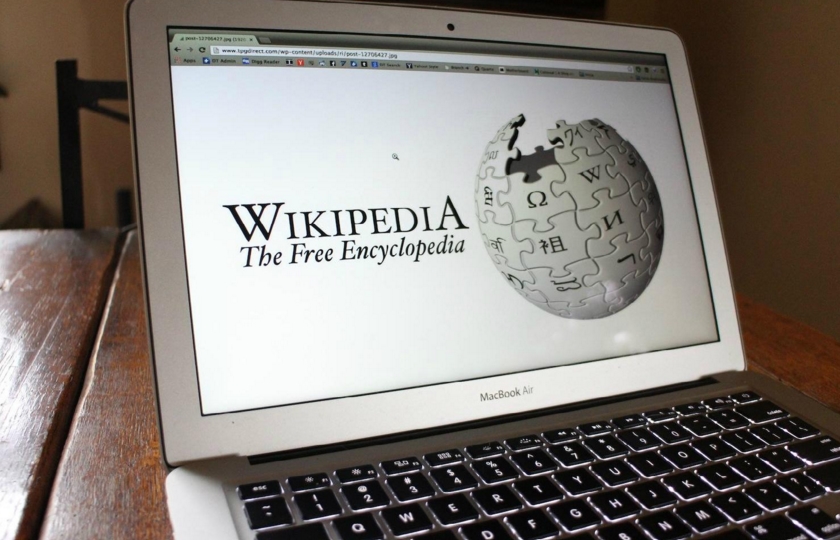SMALL number of mega-corporations now own ALL major media, as well as the monopolization of “facts”
04/15/2019 / By JD Heyes

With the exception of a few government agencies, monopolies are not supposed to exist in capitalist America. The reason for that is simple: If one company were to control one or more vital sectors of our economy and society, then that company could and likely would use its power for further self-enrichment at the expense of everyone else.
One legal definition of a monopoly says:
A monopoly is when a company has exclusive control over a good or service in a particular market. Not all monopolies are illegal. For example, businesses might legally corner their market if they produce a superior product or are well managed. Antitrust law doesn’t penalize successful companies just for being successful. Competitors may be at a legitimate disadvantage if their product or service is inferior to the monopolist’s.
However, the legal firm notes, monopolies certainly can run afoul of the law — like when they are established or maintained through illicit or improper conduct, including exclusionary or predatory acts.
Does the so-called “mainstream media” today qualify as an illicit monopoly? On the surface, it wouldn’t seem so, since there are literally thousands of media companies. However, when you factor in the reality that all the media seen by the vast majority of Americans is owned by just a few companies, then it becomes obvious that there is a ‘monopolization’ of ideas, and of ‘facts.’
If we truly had an American ‘mainstream’ media interested in competing against one another to get to the bottom of the day’s most pressing stories, reporting facts backed by real sources and evidence — and without the intention of helping one political party over the other — this wouldn’t be a problem.
But as it is, nearly all major media are owned by like-minded Leftists who get together behind the scenes to create “narratives” instead of reporting stories diligently and honestly. (Related: EPIC! President Trump calls out AstroTurf “elevator screamers” and George Soros.)
Recode recently published a diagram of the “Media landscape” showing which companies owned which outlets and how much they were valued. For instance, AT&T/Time Warner comprise two major media groups fused into one company that is worth $231 billion; Disney/21st Century Fox, by comparison, is worth $202 billion.
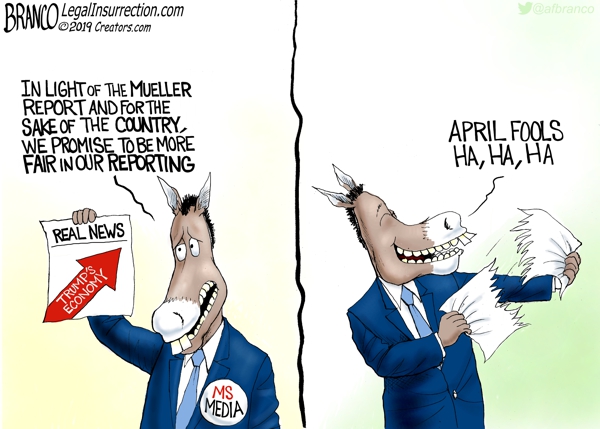
The number of media companies is dwindling rapidly
What’s more, with mergers and acquisitions, the media landscape has changed dramatically over the past decade, blurring lines between the various forms of media.
“The media landscape used to be straightforward,” notes Recode. “Content companies — studios — made stuff — TV shows and movies — and sold it to pay TV distributors, who sold it to consumers.
“Now things are up for grabs: Netflix buys stuff from the studios, but it’s making its own stuff, too, and it’s selling it directly to consumers. That’s one of the reasons older media companies are trying to compete by consolidating. Disney, for example, recently completed its purchase of 21st Century Fox. Distributors like AT&T, which bought Time Warner last year, are becoming media companies too.”
All the while, the tech giants are getting into the act as well. Apple, Google, and Amazon are all competing for a portion of the newly developing streaming business; the latter employs entertainment icons like Steven Spielberg and the former hires well-known actors like Jennifer Aniston to develop and make programming for Apple users.
Then there are the media companies — those crafting the ‘news.’ While the major corporations now own what qualifies as entertainment, the traditional media companies have also consolidated and/or merged into mini-empires of news producers, as Fortune noted in an organization chart of its own published in June 2018.
Last year there were a half-dozen behemoth media companies that owned all major and mid-level media; this year there are five. And again, since all of them are known to coordinate on stories, who can seriously argue that there isn’t a media monopoly in America — of ideas and of ‘facts’?
Read more about the tech giants and other companies forming news cartels at TechGiants.news and NewsCartels.com.
Sources include:
Tagged Under: Amazon, controlling facts, daily narrative, disinfo, fake news, Google, Journalism, lies, media companies, media giants, media monopoly, monopoly, narrative, Netflix, news cartels, news monopoly, propaganda, tech giants, TV, TV news




